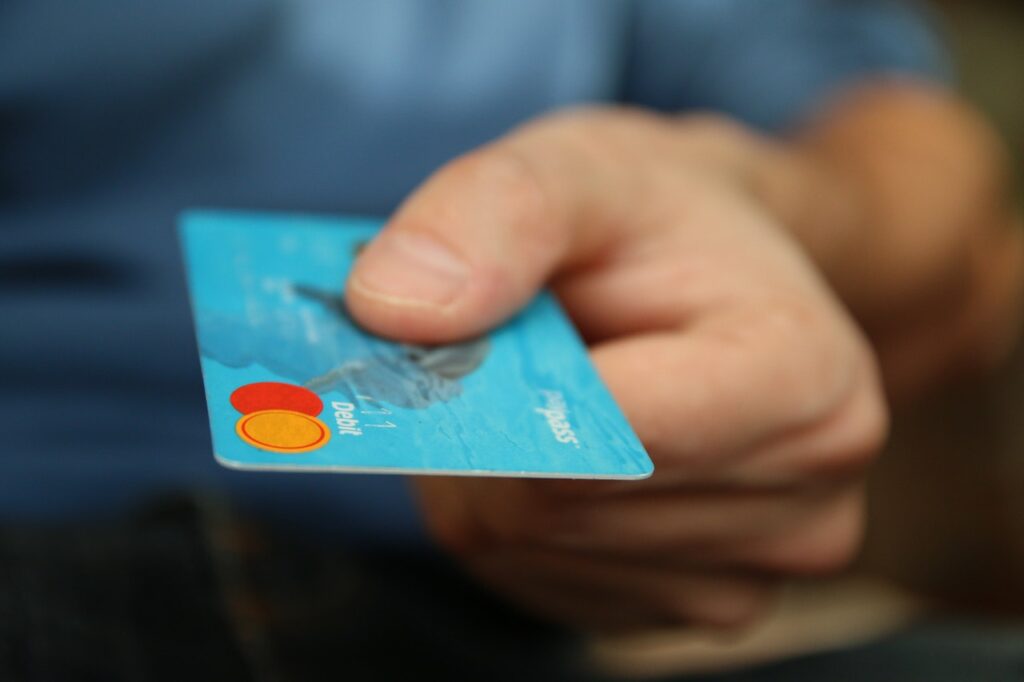Owning and maintaining a business isn’t always easy, especially in times of great uncertainty and lack of government support like we have this past year and a half. Thanks to a global pandemic we have problems regarding business sustainment, jobs certainty, payout and income troubles, basically all factors that influence what was once a healthy business and makes it slowly crumble.
Owners of such businesses have troubles managing workers, obligations to both state and suppliers, plus if there are debts from previous years than you have a problem that will eventually lead to a Chapter 7 Bankruptcy. This is something that is expected in this time of unease for most small to medium businesses and that means you will have to cease all operations and you will be appointed with a Chapter 7 Trustee that will rummage through your finances, liquidate assets and distribute those proceeds to all your creditors.
To prepare you for these actions, we will try and advise you what to avoid if you have to file for bankruptcy. This article will have three things you really must avoid but if you need additional info or suggestions please check this out! Now let’s get going, below will be three things to avoid if you are filing for a Chapter 7 Bankruptcy!
1. Don’t repay family members or friends.

This comes naturally to all of us! When in time of trouble we look toward our closest and try to dig them out of the sinking hole. Most family businesses have loans from family and friends and since your bankruptcy option is nearing and there is no way out of that, it is natural that you want to repay those people and not drag them into your problems. One thing you need to know, regarding this, and is the fact that this action will cause huge problems not only for you but for those you repaid before you went bankrupt. But why is this such a huge problem? Well in the eyes of a court, which you will find yourself in front of, if you repay someone within a year before a bankruptcy filing it is considered a preference. This means that the court will see them as a preferred creditor over all others. What then happens is that the court-appointed bankruptcy trustee will go to the preferred creditor and ask for your (in this case their) money back, which additionally complicates your relationship with that person or persons. The best bet here is to repay everything you owe to friends or family after your bankruptcy case is over, so you do not encounter such awkward situations.
2. Don’t give away assets.

Most of us have an important asset that is hard to get rid of. Whether it is something you love, have an emotional attachment or just don’t want to see go away, don’t try to give it to someone else. What is mostly done is that you have an expensive car, boat, RV or anything similar and you don’t want the trustee to liquidate it so you will transfer it to your uncle, brother sister or anyone close to you for safekeeping until your bankruptcy process is over. Well, that isn’t going to work out the way you imagined it. If you didn’t know than doing this means that you are committing a legitimate crime. This is considered a federal offence and you can stand trial for this. It is forbidden to intentionally shift assets out of your name in an intention to hide them from the bankruptcy court. So, the thing to avoid here is to transfer anything to anybody at least two years before you file for bankruptcy. An additional thing to note here is that you also mustn’t transfer anything for less than it worth on the day of transfer. This means if there was a legitimate transfer and there was cash involved that changed hands, again in two years before the bankruptcy filing, you will be OK but if you simply transfer something for no cash in return you are rising a huge red flag.
3. No cash advance and credit card use.

Using cash advances or credit cards before bankruptcy filing must not take place within a window of 70 to 90 days before the filing. With credit cards, there is a 90-day limit and if you use them in that period and the court decides you have purchased a luxury item which transaction total is more than a certain limit (it varies from state to state) than a creditor comes in and can object tot hose charges from being discharged in your bankruptcy. The same thing also applies to cash advances but they have a shorter window in which you can’t make any and it is 70 days before the bankruptcy filing, and they also have a limit you shouldn’t reach that is a little bit bigger than for credit cards.
Bankruptcy is a really powerful tool and you have to be careful with it. It can save you from tough times like this and it is usually necessary to survive. With it you will get rid of most debts, credit cards, medical bills, and everything that weighed you down and brought you to this point. To make your bankruptcy filing successful you have to look out for these three things. Jus one innocent oversight can get you in a heap of new troubles. The worst thing is that in some cases, as we mentioned, not only you will be in trouble but those who you preferred when it comes to payouts or someone you transferred something to without any charge.
Bankruptcy is a big deal and it should be treated in such a fashion. This is not something to play with because it draws serious repercussions if you try to cheat your way out of this or even try and deceit your government. Be careful, educate yourself, talk to your lawyer and work out every detail possible before you make any actions.






